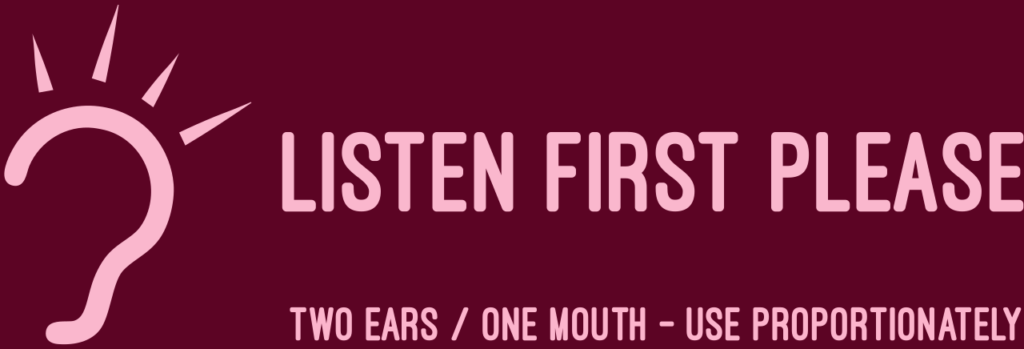Author – Tom Monastra – July 2024
Imagine you go into your therapist and the conversation goes like this:
Therapist Susan- “So Joe, how was your week?”
Joe – “To tell you the truth Susan, it was a tough week! My girlfriend told me that she needed space because she is seeing someone else and we had a big layoff at work and I am fearful for my job!”
Therapist Susan – “Wow Joe that’s terrible. I had a tough one as well. We had a small fire in our home and we were forced to live in a hotel for a few days while the damage was cleaned up. We also had some family drama with my Mom and now we are not speaking.”
Joe – “Can we get back to my week please?”
Therapist Susan – “Sure Joe, just one more thing, I learned today that my son did not make the travel team in baseball and he is devastated. I just don’t know what I can say to him to ease his pain!”
My take on this conversation is that Joe needs a new therapist and Susan needs a new line of work. That said, have you ever spoken to someone that seems to only listen to respond? In other words, they are not listening to understand your thoughts, they are listening to discuss their thoughts. Their primary concern seems to be promoting their agenda and convincing you that what they need to say is critically important while what you are talking about pales in comparison. Unfortunately, I can say at times I’ve been a lousy listener and most likely, you have as well. All of us fail to actively listen from time to time and when we come up short, some bad things can happen. Here are a few of the problems associated with lousy listening:
- We fail to understand the speaker’s thoughts which leads to misunderstandings.
- We fail to uplift the other person and we “tell” them (by our poor listening skills) that they are unimportant.
- We fail to learn from listening and understanding another point of view.
- We fail to grow as a person.
- We fail to gather information that may be very useful.
- We fail to communicate well so future meetings with this person may not occur.
I would love for you to add to this list – I am confident you can.
So – since we have all failed at effective listening, how can we improve? The first step in developing better listening skills is recognizing the need to improve and then go about making a conscious effort to become a better listener. In the upcoming blog posts, we will present some techniques that may help develop this critical skill! Please join me on this journey and send me your comments!


